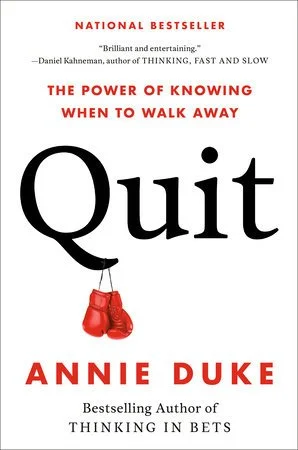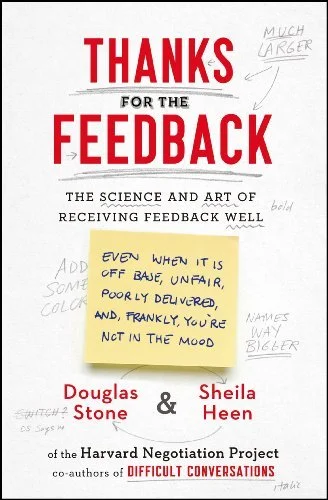I just finished an audiobook that is full of wisdom about effective communicating. I wish I had read this book in my thirties when I was just beginning to think seriously about assembling a toolkit to navigate my career (and the rest of my life) more successfully. (Alas, the book was just published.) Thinking about that made me think about a couple of other game-changing books I could have used thirty years ago. So here just in time for summer reading season (or road trip audiobook season) are three titles you might want to check out.
Supercommunicators: How to Unlock the Secret Language of Connection, by Charles DuHigg (Random House, 2024). Duhigg is a great storyteller, and in this deeply researched book, he explores why some people are very good at building connections with others—and why some people are not. Digging into real life case studies from the jury room, the Central Intelligence Agency, Netflix, and the writers’ room for “Big Bang Theory,” he demonstrates how supercommunicators work. Duhigg says that at its heart, all meaningful conversations are about one of three questions:
What’s this really about? (Decision-making or problem solving conversations)
How do we feel? (Emotional conversations)
Who are we? (Conversations about identity)
Miscommunication happens when people are having different kinds of conversations. Supercommunicators are people who are skilled in identifying the root conversation and then matching it—engaging in the same conversation. He offers lots of practical tools for becoming a better communicator.
Quit: The Power of Knowing When to Walk Away, by Annie Duke (Portfolio/Penguin, 2022). Annie Duke is a former professional poker player, so she knows a thing or two about knowing when to hold her cards and when to fold ‘em. Now she makes a living advising corporate leaders on how to improve their decision-making skills. She points out that all decisions are made under some uncertainty about the outcome, a fact that makes it difficult to predict the outcome of any decision we make. Duke says “Quitting requires being okay with not knowing what might have been.” Unfortunately, that uncertainty means that most of us wait too long to give upon on projects, relationships, jobs, and other things that we need to walk away from.
Duke argues that quitting is sometimes the best way to win in the long run, but it runs counter to our culture with its emphasis on grit—or sticking things out. As a result, we usually wait too long to quit, costing ourselves time, money, energy, and access to better opportunities. Quitting can free up our resources for other goals. She explores the complex psychological reasons we resist quitting, and she offers some practical strategies for evaluating when it is time to quit.
Thanks for the Feedback: The Science and Art of Receiving Feedback Well, by Douglas Stone and Sheila Heen (Penguin Random House, 2015). We all receive feedback all the time—informal feedback from loved ones and people in our personal orbits and formal feedback such as performance reviews at work. Yet we usually struggle to receive feedback well. That’s because receiving feedback—a necessity for learning and growth—can undercut our longing for acceptance, especially if that feedback is not carefully delivered.
Stone and Heen point out, “Receiving feedback well doesn’t mean you always have to take the feedback. Receiving feedback well means engaging in the conversation skillfully and making thoughtful choices about whether and how to use the information and what you’re learning. It’s about managing your emotional triggers so that you take in what the other person is telling you, and being open to seeing yourself in new ways.” This book explores the three reasons feedback can trigger us, and strategies we can employ to help us sort and filter feedback so that we can use it to improve our performance, our relationships, and our lives.
(Preview: I offer a virtual workshop on giving and receiving feedback effectively. Watch for the next one in the fall.)
What about you? Do you have a great personal development title that you’d recommend? If so, drop it in the comments.




